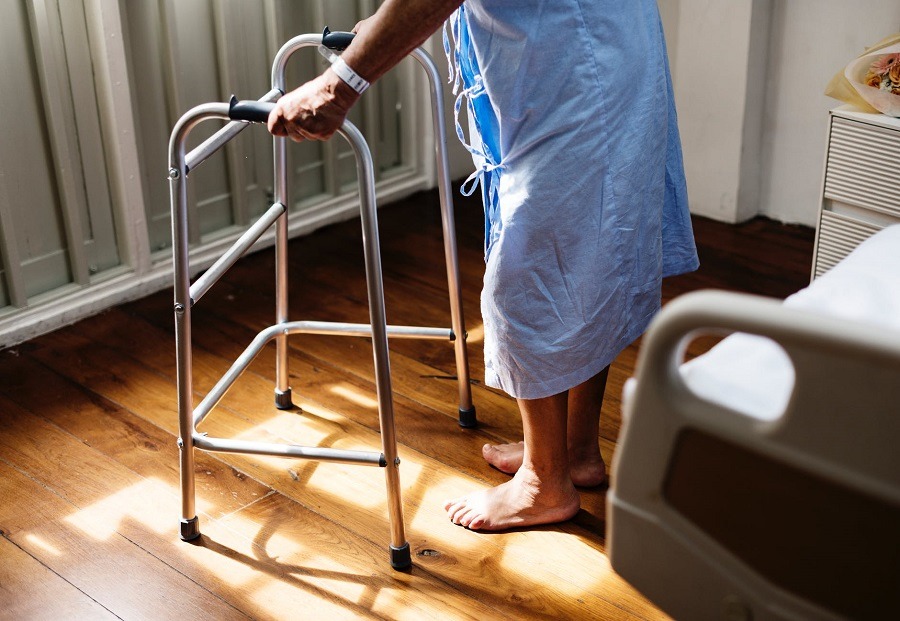How to Advocate for a Hospitalized Loved One


When someone you love is in the hospital, it can be a stressful, confusing and overwhelming time. To help navigate the endless medical jargon, countless opinions and revolving door of health professionals, you may need to be their eyes and ears. By being proactive and learning to advocate for your loved one, you will feel more calm, confident and in control. To ensure the best care in a hospital setting, make sure you:
Ask lots of questions. While it can be intimidating to question a doctor’s advice or get a second opinion, don’t keep concerns to yourself. If you think a test should be done, wonder why a procedure is necessary or are worried about a symptom, talk to the medical team. If something goes over your head, ask again! Be assertive, but stay calm and respectful to get the answers you need. At the end of the day, you know the patient better than anyone else and your input can make all the difference.
Do your research. A good advocate is an informed one. Learn as much as you can about your loved one’s condition. The more you know, the better you will be at communicating with doctors and nurses, understanding your options and making educated decisions. Beyond online resources, reach out to advocacy organizations and other patients and families for different perspectives.
Write everything down. Stress can make it hard to retain information. Track medications, changes in care, upcoming appointments and specialists and jot down questions as they come up. This will help make the most of every face-to-face opportunity with your healthcare providers. Detailed notes will be especially helpful if you bring in family members for back up or your loved one is discharged.
Be their voice. During hospitalization, patients’ wishes may not be respected, or they can become too ill to make decisions themselves. As an advocate, it’s your role to represent their choices and not just what you think is best. If possible, talk to your loved one about their care wishes in detail and try to honour them.
Fill your cup. Being a caregiver and advocate is not an easy feat and if you don’t take care of yourself, you will be unable to support others. Friends and family will want to help, so tell them what you need. Prioritize sleep, try your best to eat healthy and do more of what you love. Even short walks or lunch breaks outside can help you refresh and regroup. Find support groups and keeps friends or relatives in the loop so they can step in as needed.
Actively participating in the care of your hospitalized loved one will make you feel helpful instead of helpless. As advocate, being knowledgeable, organized and willing to ask tough questions will allow you to cope and care better.



